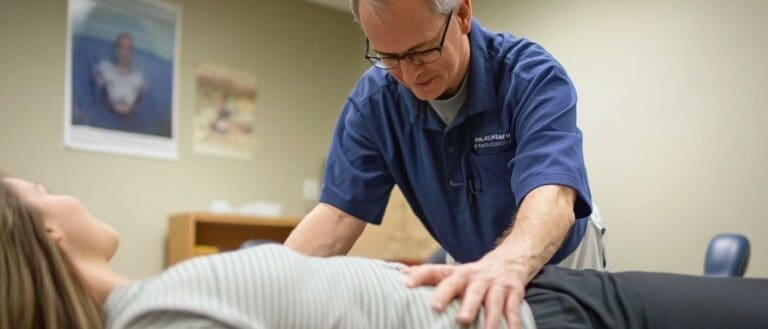Premises Liability: Understanding Property Owner Responsibilities
Premises liability is a legal concept that holds property owners or occupiers responsible for maintaining a safe environment for visitors or guests. When individuals are injured due to hazardous conditions on someone else’s property, they may be entitled to compensation for their injuries and related damages. Understanding property owner responsibilities in premises liability cases is crucial for both property owners and visitors to ensure a safe and accountable environment. Let’s explore the key elements of premises liability and the responsibilities of property owners.
- Duty of Care:
Property owners have a legal obligation to maintain their premises in a reasonably safe condition. This duty of care extends to all individuals who are invited or permitted to enter the property. Visitors can fall into different categories, such as invitees, licensees, or trespassers, and the level of duty owed may vary depending on the visitor’s status.
- Invitees: These are individuals who enter the property for business purposes, such as customers or clients. Property owners owe the highest duty of care to invitees and must maintain their premises in a safe condition, regularly inspect for hazards, and promptly address any potential risks.
- Licensees: Licensees are social guests, such as friends or family members. Property owners must warn licensees about any known dangerous conditions that may not be immediately obvious and take reasonable steps to address these hazards.
- Trespassers: While property owners do not owe the same duty of care to trespassers, they are still prohibited from intentionally causing harm or setting traps. If a property owner is aware of frequent trespassing, they may have a duty to warn or protect potential trespassers from known dangers, such as an abandoned well or hazardous structures.
- Identifying and Addressing Hazards:
Property owners have a responsibility to identify and address potential hazards on their premises. This includes regular inspections to identify dangerous conditions such as slippery floors, uneven surfaces, inadequate lighting, faulty staircases, or falling objects. Once a hazard is identified or brought to their attention, property owners must take reasonable steps to remedy the situation promptly. This can involve repairing the hazard, providing warning signs or barriers, or restricting access to the dangerous area until repairs are made.
- Adequate Maintenance:
Property owners must ensure that their premises are properly maintained to prevent accidents and injuries. This includes regular upkeep of the property, such as repairing broken steps, maintaining adequate lighting, addressing plumbing or electrical issues, and removing potential tripping hazards. Failure to adequately maintain the premises can lead to accidents and injuries, making property owners liable for any resulting harm.
- Security Measures:
In certain situations, property owners may have a duty to provide adequate security measures to protect visitors from criminal acts. This is particularly relevant in commercial establishments, such as shopping malls, parking lots, or apartment complexes. Property owners should assess the level of crime in the area and take appropriate measures, such as installing security cameras, proper lighting, or hiring security personnel to ensure the safety of visitors.
- Warning Signs:
Property owners must warn visitors of any known hazards that may not be immediately obvious. This can include posting signs about wet floors, uneven surfaces, or areas under construction. Warning signs serve to alert visitors to potential dangers and encourage them to exercise caution.
By understanding these responsibilities, property owners can take proactive measures to prevent accidents, injuries, and potential legal liability. Visitors can also be aware of their rights and ensure that property owners uphold their duty of care. In case of an injury caused by a hazardous condition, consulting with a knowledgeable personal injury attorney is essential to navigate the legal complexities of premises liability and seek appropriate compensation for damages.



